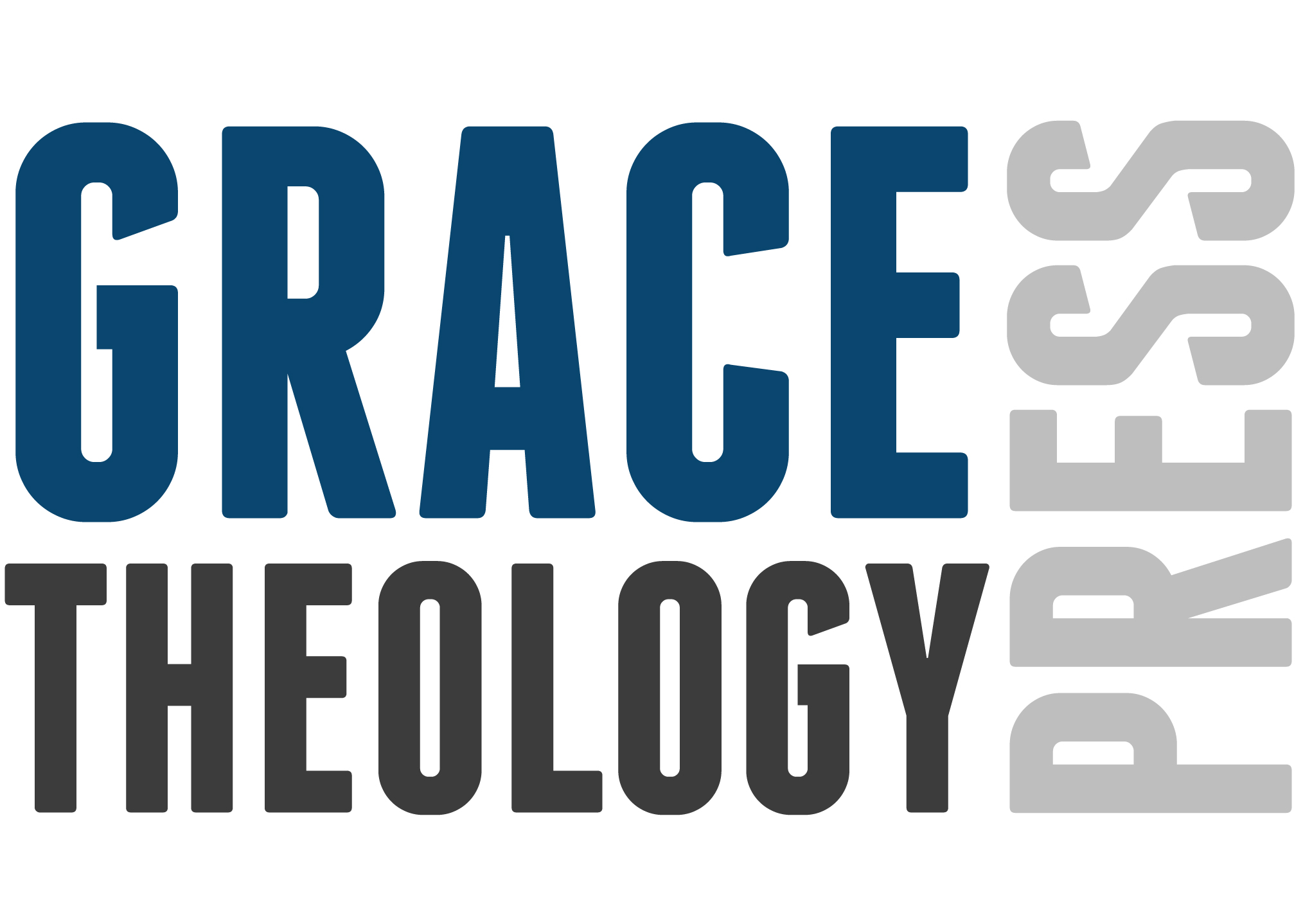As Woodrow Wilson once said, “I would rather lose in a cause that will someday win than win in a cause that will someday lose.” Make no mistake, we are in a battle that we may not win today, but we will give an account of tomorrow. The day of the Bema will bring crystal clarity as to actions and attitudes, our methods and motives. This being true, it is wise for us to keep first things first as we seek to invest our lives in ministry.
The battle today is the same battle that was fought and will always be fought; it has to do with the grace of God and the gift of God. It is a theological battle concerning soteriology and the conditions of the gift of eternal life and the assurance that one has eternal life.
We have seen many versions of this in modern times. Perhaps you are old enough to remember the battle between Zane Hodges and John MacArthur. That era included some good dialogue and an advancement of the Free Grace message. Today we have a new episode of the battle instigated by some recent attacks on the Free Grace message. Some are at the scholarly level, such as Sujaya T. James’ work, Salvation Discipleship Continuum in Johannine Literature: Toward an Evaluation of Faith Alone Doctrine (Mellen, 2014). This is a published edition of a dissertation from Dallas Seminary. Dr. James is very irenic in his work and focuses on the teaching of Zane Hodges primarily, while also including the “usual suspects” such as Drs. Dave Anderson, Jody Dillow and Charlie Bing.
Dr. James provides a detailed dissection of Free Grace Theology’s understanding of the Johannine literature. Unfortunately, he fails to provide enough of the evidence for the view before he dissects what he feels are untenable positions of the view. This is very disappointing for the reader and one wonders why the dissertation readers would allow such a one-sided evaluation.
On the more popular level and with a broader spectrum, Dr. Wayne Grudem has just released his new book, Free Grace Theology: Five Ways it Diminishes the Gospel (Crossway, July 2016), energetically endorsed by many, including Darrell Bock, Dan Wallace, and J.I. Packer. This is a book that is based on a talk Dr. Grudem had given to pastors, laypeople, and at the Evangelical Theological Society in a workshop format. Dr. Grudem has only recently taken an interest in publically critiquing and condemning Free Grace Theology, and his visibility in reformed circles will make his book a standard that many conclude is the last and best word against Free Grace Theology.
While I taught at Phoenix Seminary, Dr. Grudem and I talked about Free Grace Theology. The results of some of our interactions are in his book. He critiques me as well as Drs. Dillow, Anderson and Bing regarding Free Grace views. Dr. Grudem is very irenic in his presentation, but he pulls no punches. He does say we are NOT false teachers, but he also does not mention whether we are or are not heretical in our views. Personally, when I asked him, he told me that we are not heretics or false teachers, just wrong-headed and that our views diminish the gospel, and that we have a “weakened form of the gospel.” When I asked him if a person who heard the Free Grace gospel and believed it could be saved, he said “yes.” I then asked, why all the fuss if the gospel we preach is enough to save a person? He said he feared that some who believed it were not saved but only thought they were saved, and that we would give them false assurance. I found his reasoning to be illogical, since if the Free Grace gospel is able to save a person when they believe it, what else is needed? That doesn’t sound like a “weakened gospel” to me! So what is the problem? The problem is with Dr. Grudem’s doctrine of assurance, and in his book this becomes the focal point. I reminded him that in his theology of Five Point Calvinism and its double predestination, no one will sneak into heaven who does not belong and no one will not go to hell who has been ordained to be there.
In September, Phoenix Seminary will provide an evening for the evangelical community to gather with Dr. Grudem to hear his presentation and to ask questions about his views. I imagine most will find that it solidifies their reformed views. I know a few Free Grace people will be in attendance. Let me challenge you, no matter where you live, to read the book and then pray about your own sphere of concern and more importantly your sphere of influence, as to how and with whom you can discuss the book. I know that many of you are discipling, mentoring, and training younger men and women in Free Grace Theology. Perhaps a time to dialogue about the book would be helpful for those you are training. Perhaps also as you read the book it will help you clarify some of the important issues and alternatives in this most important aspect of Theology.
Quintilian said, “We must speak not to be understood but to make sure that we are not misunderstood.”
The Apostle Paul declared, “It is good that there are divisions (Gk = heresies’) among you that those who are approved might be made manifest.” In this day of confusion may we proclaim with clarity the purity and simplicity of the gift of eternal life, that we may stand approved at the Bema.
Serving Him with you until He comes for us,
Fred Chay, PhD
Managing Editor, Grace Theology Press














